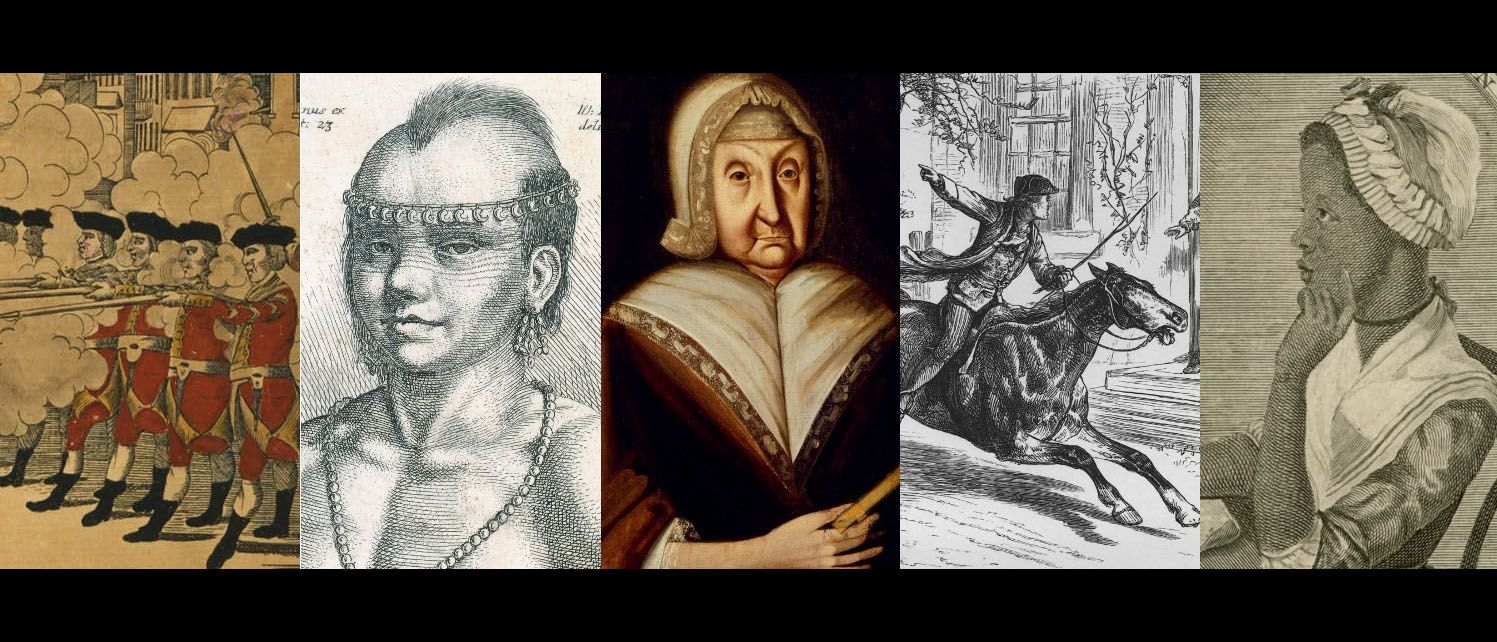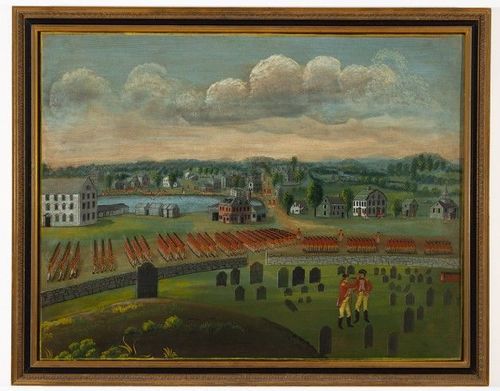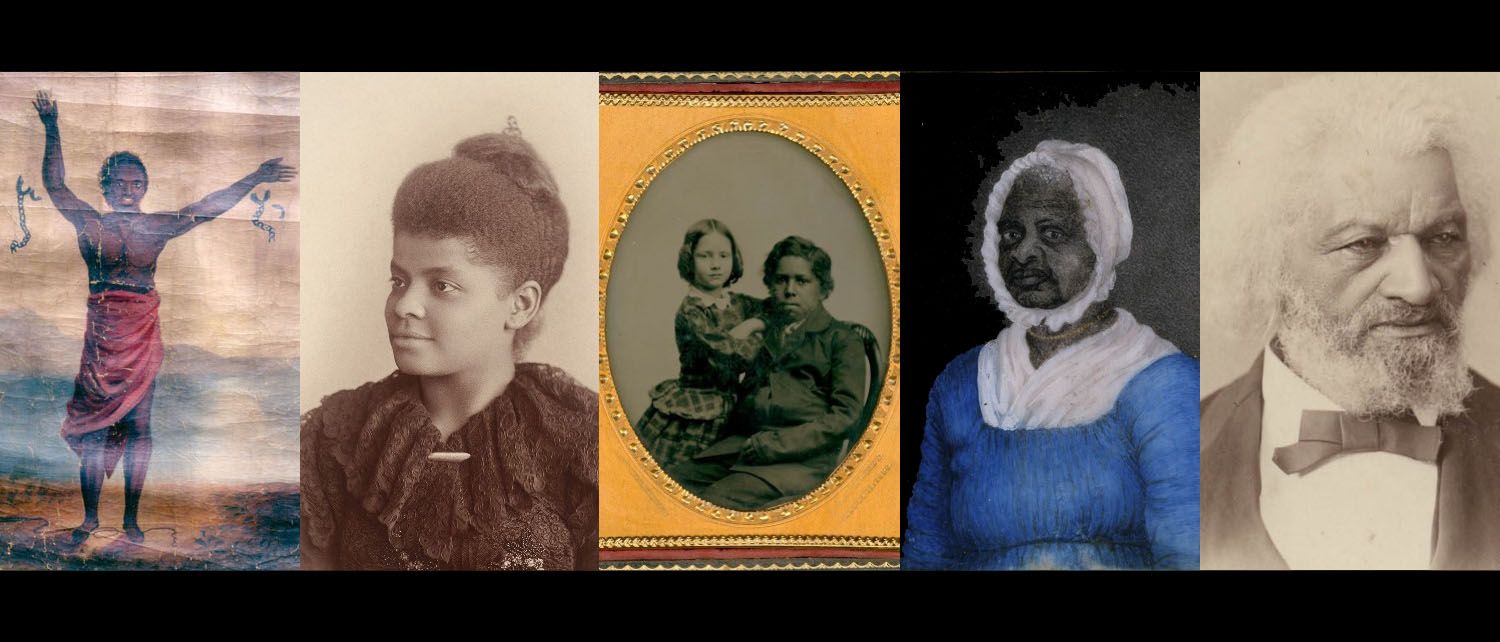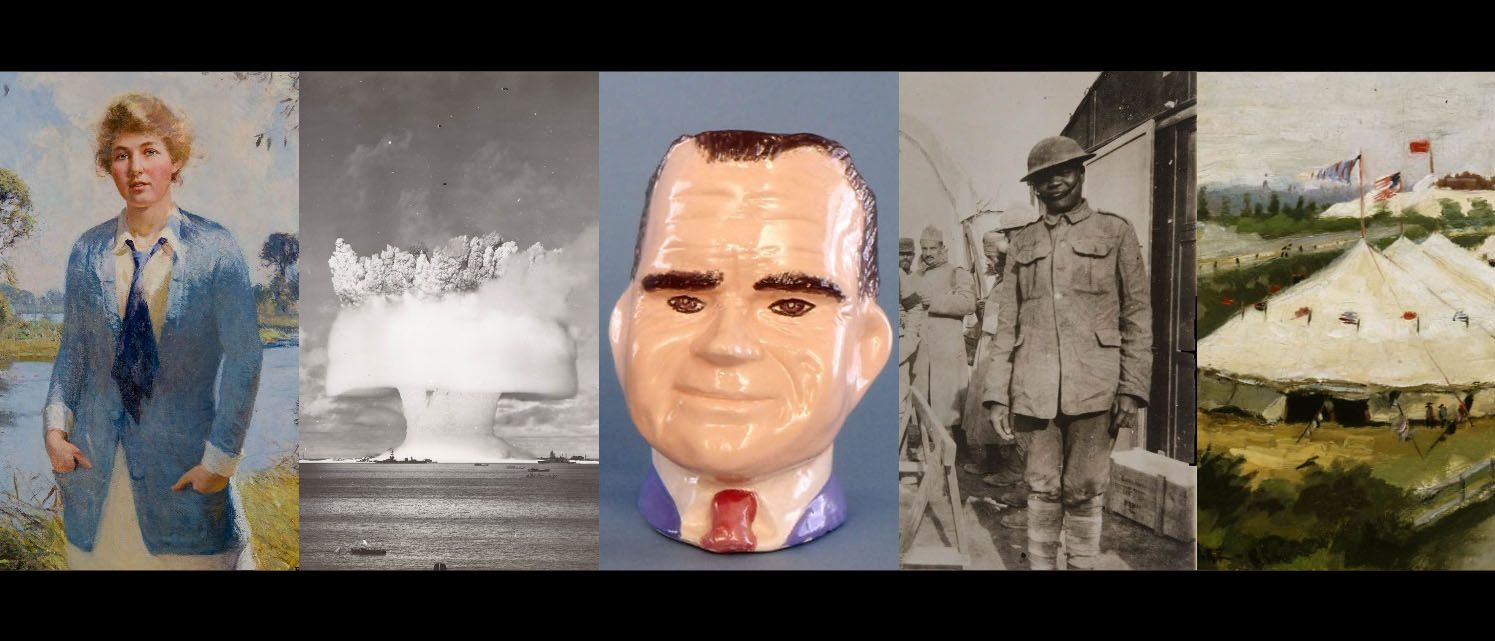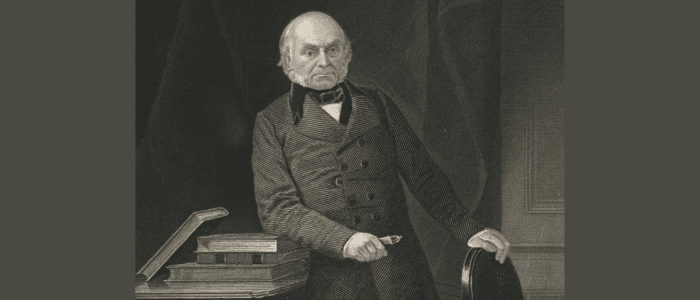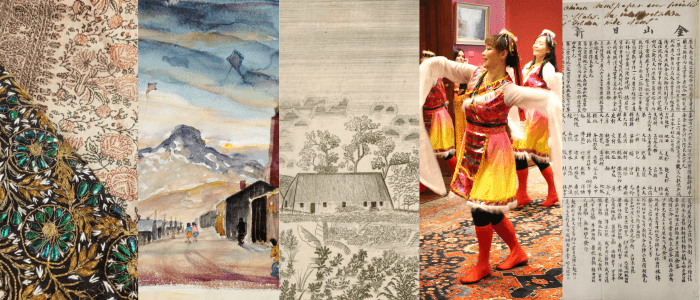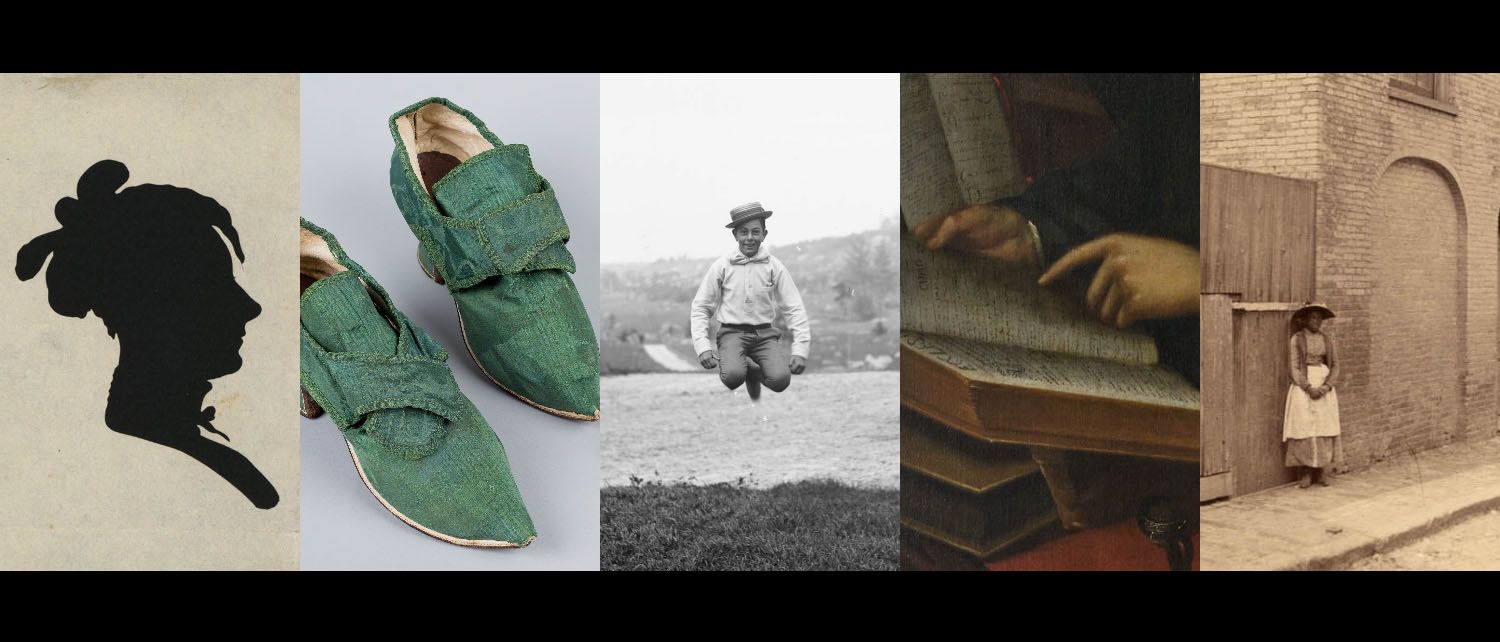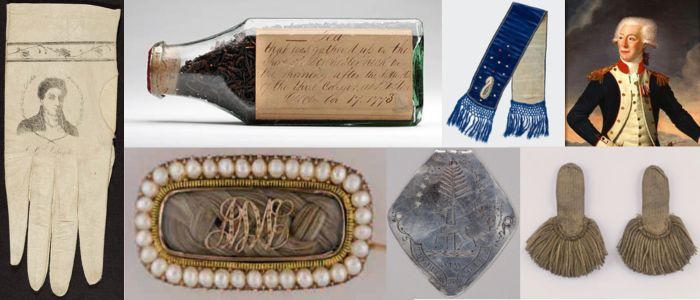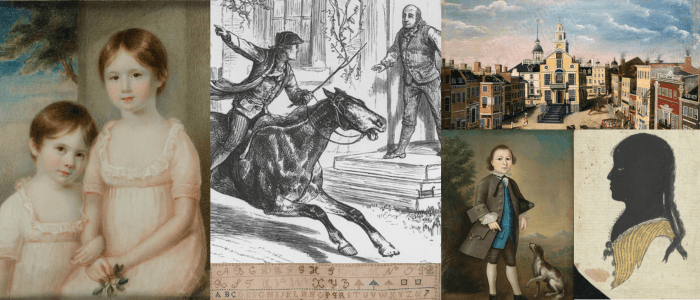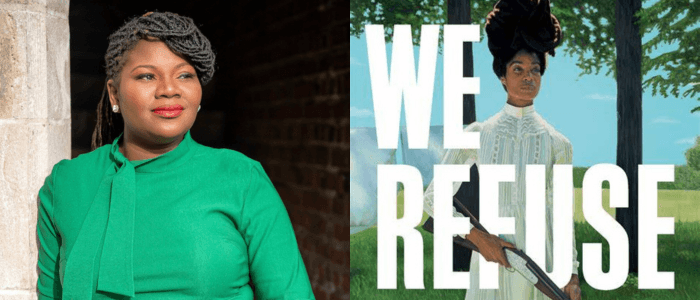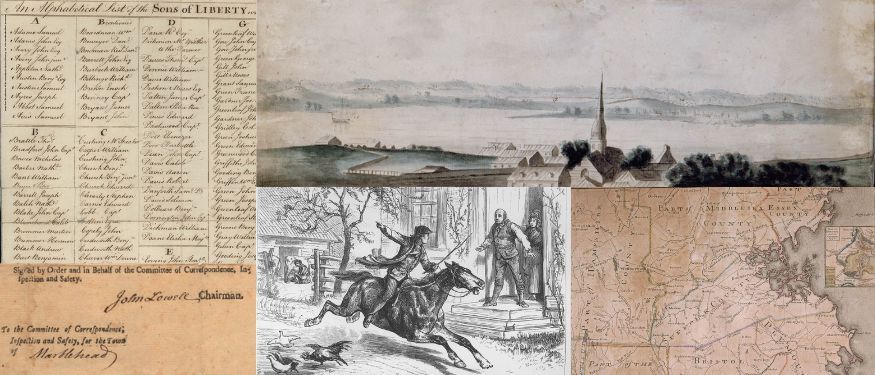Event

Annual Fiori Lecture: Old Institutions, New Things
Anthea Hartig, Smithsonian’s National Museum of American History; Louise Mirrer, New-York Historical Society; and Catherine Allgor, MHS
Due to rising Covid cases in the area, this event will now be held virtually from 2:00-3:00. Free.
Standards of collecting and ideas about what was worth honoring have changed dramatically since the founding of the Massachusetts Historical Society, the New-York Historical Society and the Smithsonian Institution. In the past, it was a mark of prestige that these repositories had collected material from wealthiest and most powerful individuals, communities, and businesses. While these collections retain relevance, scholars and the public today are increasingly approaching the material with a more critical eye, telling stories with more nuance, locating the silences in the archives, and looking to add collections that will tell stories from different perspectives so we can learn from the entirety and complexity of the American experience. Join a conversation among the leaders of three of the most highly respected historical organizations in America about the opportunities and challenges faced by institutions that are now looking to understand and bring forth lesser-known parts of their holdings, diversify their collections, and reinterpret their holdings to be more representative of the communities they serve.



This panel is part of an annual lecture series in honor of President Emeritus Dennis Fiori in recognition of his leadership. The lecture series is made possible by gifts from friends of the Society.
This event is co-sponsored by the New-York Historical Society and the Smithsonian National Museum of American History.


Online event
This event will now be held virtually from 2:00-3:00. Contact programs@masshist.org if you have any questions.
Image credit: Tim Okamura (b. 1968), Nurse Tracey, 2021. New-York Historical Society, Purchased through the generosity of Susan and Robert Klein, 2020.33 Courtesy of the artist © Tim Okamura.
